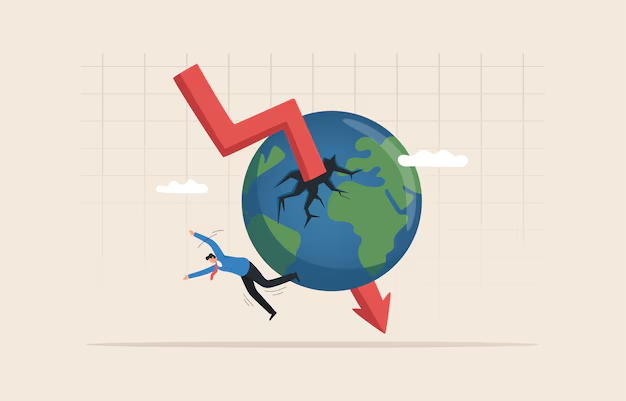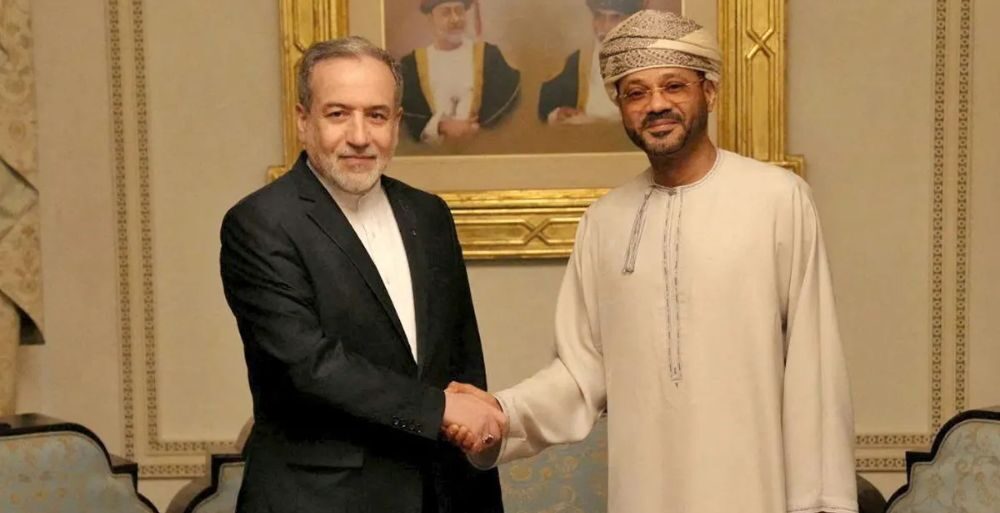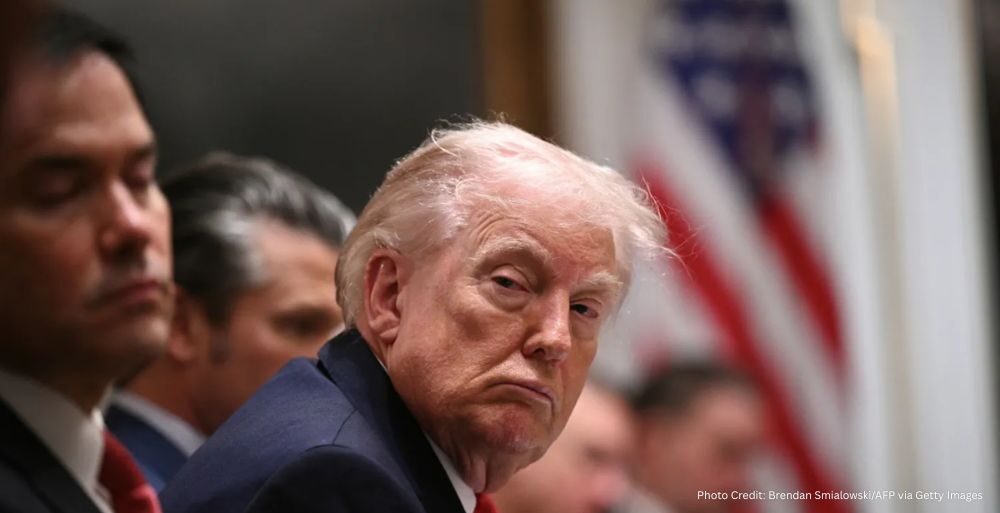Globalization, once hailed as the engine driving unprecedented economic growth and global cooperation, is facing steep challenges that threaten its very foundation. As global trade slows and financial interdependence becomes more fragile, the risk of a severe economic crisis looms large—especially with the United States retreating from its traditional role as global economic leader.
Over the past several decades, globalization facilitated the expansion of markets, integration of supply chains, and the rise of emerging economies. However, recent years have witnessed rising protectionism, escalating trade tensions, and fragmented international cooperation. This trend undermines the mutual trust and interconnectedness necessary for economic stability.
The U.S., which historically acted as the backbone of a rules-based global economic order, is now exhibiting more unilateral policies and growing disengagement from multilateral institutions. This shift amplifies uncertainties in global markets, complicates coordinated responses to financial shocks, and weakens the safety nets that once helped contain crises.
Experts warn that without cohesive leadership and international collaboration, the next financial meltdown could be deeper and more prolonged. Emerging markets, lacking the economic buffers enjoyed by advanced economies, are especially vulnerable. The contraction of global trade and investment flows further dampens growth prospects worldwide.
Moreover, geopolitical rivalries and technological decoupling between major powers contribute to a fragmented and volatile economic environment. Supply chain disruptions, protectionist policies, and limited capital mobility heighten risks of systemic failure.
To mitigate these threats, renewed commitments to cooperation, transparency, and shared economic governance are essential. Investment in inclusive growth strategies, strengthening of financial institutions, and policy coordination can build resilience against future shocks.
The global economy stands at a critical juncture: the choices made in the coming years about openness, collaboration, and leadership will determine whether the promise of globalization endures or the world faces more severe economic downturns.















